Lifetime value investor Howard Marks has distilled his approach and experience into a concise, focused text that offers seasoned investment wisdom to those looking for a way forward in today’s financial markets. The book, a compilation of Marks’s investor newsletters, contains exceptional chapters on risk management, contrarian thinking and market psychology, as well as a cogent analysis of value investing. While it is somewhat repetitive, getAbstract recommends it to all serious investors who are interested in getting back to the “fundamentals” of investing.
“More Art than Science”
Investing has much in common with art; both require intuitive and flexible approaches. Unlike in pure science, where practitioners can replicate results consistently, investors can never “routinize” their success. If you want returns that beat market averages, you must cultivate “superior insight,” or what legendary investor Benjamin Graham called a “trace of wisdom.”
Great investors learn to reason differently from the rest of the pack. They develop “second-level thinking,” a way of acting and parsing information that deviates from the norm. Second-level thinking requires thoughtful consideration of possible outcomes, probabilities and expectations, as well as understanding how to evaluate a stock’s current price relative to future scenarios. However, most investors are “first-level thinkers” who follow the crowd and consider only obvious factors. For example, when markets are in a crisis, first-level thinkers will instinctively sell; second-level investors may very well buy on the market’s panic.
Efficient Markets?
The efficient market hypothesis would seem to preclude the ability of any investor to achieve above-average returns...









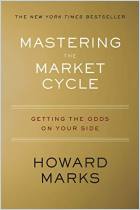
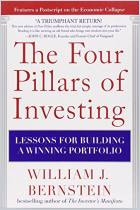
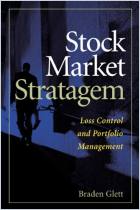
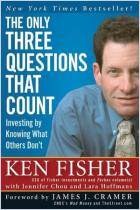
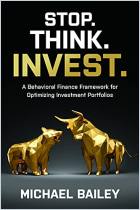
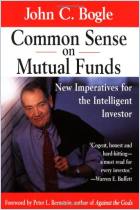
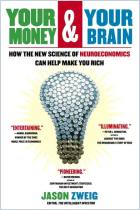



Comment on this summary